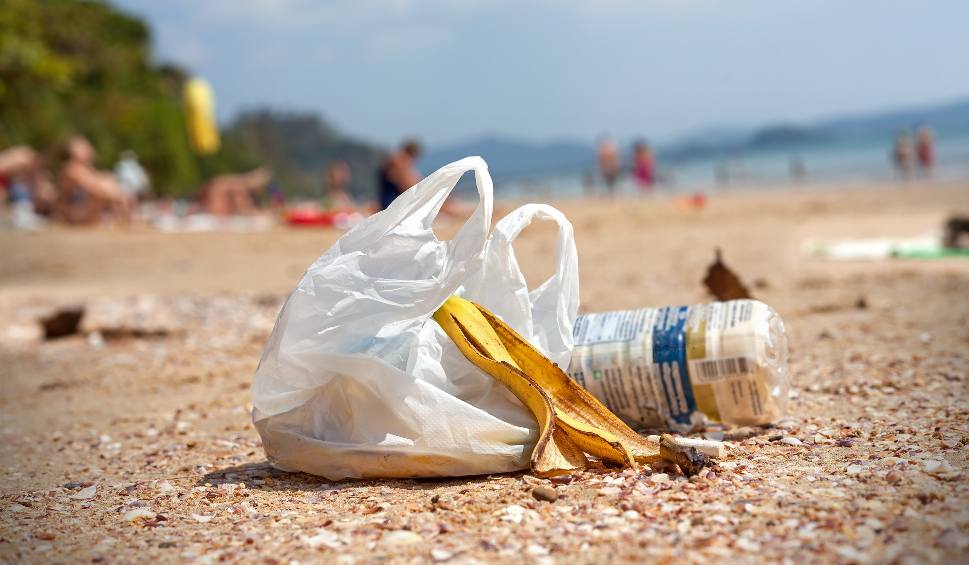The environment is a unity of space with all objects, power, circumstances and living things including humans within. Ensuring the environment always in good condition is very important for the survival of human life and other living things.
Therefore, there needs to be a good effort and management of environmental management. To create this, the Indonesian government through Article 22 of the Job Creation act tries to improve provisions regarding the protection and management of the environment. In addition, the government has also published PP 22 tahun 2021 as the implementing regulations.
Environmental Approval (Art. 3 GR 22/2021)
Environmental Approval is Environmental Feasibility Decree or Statement of Capability in Environmental Management that has obtained approval from the Central Government or Regional Government. Environmental approval is essential for business and/or activity that Significant or insignificant Impact on the environment because environmental approval is a prerequisite for the issuance of a Business Licensing or Government Approval.
The Environmental Approval shall be conducted through formulation of Amdal and feasibility test of Amdal or formulation of the UKL-UPL Form and examination of the UKL-UPL Form. With the issuance of PP 22 Tahun 2021, the formulation of Amdal shall be conducted with an implementation of community involvement who is directly affected. The involvement is conducted through announcement of the business/activity plan, and public consultation.[1]
Environmental Damage Control (Art. 272-273 GR 22/2021)
In order to determine the occurrence of Environmental Damage, standard criteria for Environmental Damage shall be established with PP 22 Tahun 2021. The standard criteria shall include the standard criteria damage to:
- Coral Reefs;
- Mangroves;
- Seagrass Beds;
- land for biomass production;
- peats;
- karsts;
- environment-related to the forest and/or land fires;
- land due to mining Business and/or Activities; and
- other standard criteria for the Environmental Damage in accordance with the development of science and technology.
- B3 Waste and Non-B3 Waste Management
Every Person that produces B3 Waste must carry out the Management of B3 Waste that they produce.[2] Every person that produces B3 waste must also carry out B3 waste reduction and must submit a written report on the implementation of B3 Waste Reduction to the Minister at least once every 6 months.[3] B3 Waste Reduction shall be carried out through:[4]
- substitution of materials, which can be conducted through the selection of raw materials and/or auxiliary materials that originally contain B3 and substituting them with raw materials and/or auxiliary materials that do not contain B3;
- modification of process, which can be conducted through the selection and implementation of a more efficient production process that is.; and/or
- utilization of environmentally friendly technologies.
Whereas The implementation of non-B3 Waste management as referred to in paragraph (1) shall be carried out by Every Person who produces non-B3 Waste.[5] In managing non-B3 Waste, there are several prohibitions:[6]
- Dumping (disposal) of non-B3 Waste without approval from the central government;
- open burning;
- mixing of non-B3 Waste with B3 Waste; and
- landfilling the non-B3 Waste in the facility for the final processing.
Supervision and Sanction (Art. 494-504 and Art. 505-526)
Supervision is carried out by the Environmental Supervisory Officer appointed by the Minister of Environment, Governor, or Regent / Mayor. The supervision may be carried out with direct supervision by visiting the location of the business and/or activity regularly or incidental, or indirect supervision through reviewing data from the person in charge of the Business and/or Activity and/or data from the Environmental Information System.
In the event that the conclusion of the supervision result as referred to in paragraph (3) is declared as noncompliance, Environmental Supervisory Officials shall provide a follow-up recommendation for law enforcement which consist of administrative, civil, and/or criminal. The civil law enforcement may be carried out with proof of strict liability which must be requested by the plaintiff and shall be contained in the lawsuit. But, The defendant shall be freed from the strict liability, if they can prove that the Environmental Pollution and/or Environmental Damage is not caused by one of the following reasons:
- there is a natural disaster or war.
- there is force majeure beyond the human capabilities; or
- due to other parties’ actions that cause the Environmental Pollution and/or Environmental Damage.
In addition, Administrative Sanctions is issued in the form of a decree and may be in form of:
- written reprimand;
- government coercion;
- administrative fines;
- suspension of Business Licensing; and/or
- revocation of Business Licensing.
DISCLAIMER:
Any information contained in this Article is provided for informational purposes only and should not be construed as legal advice on any subject matter. You should not act or refrain from acting on the basis of any content included in this Legal Update without seeking legal or other professional advice. This document is copyright protected. No part of this document may be disclosed, distributed, reproduced or transmitted in any form or by any means, including photocopying and recording or stored in a retrieval system of any nature without the prior written consent of SIP Law Firm.
[1] Art. 27-28 GR 22/2021
[2] Art. 276 (1) GR 22/2021
[3] Art. 284 GR 22/2021
[4] Art. 283 (2-4) GR 22/2021
[5] Art. 452 (2) GR 22/2021
[6] Art. 453 GR 22/2021
